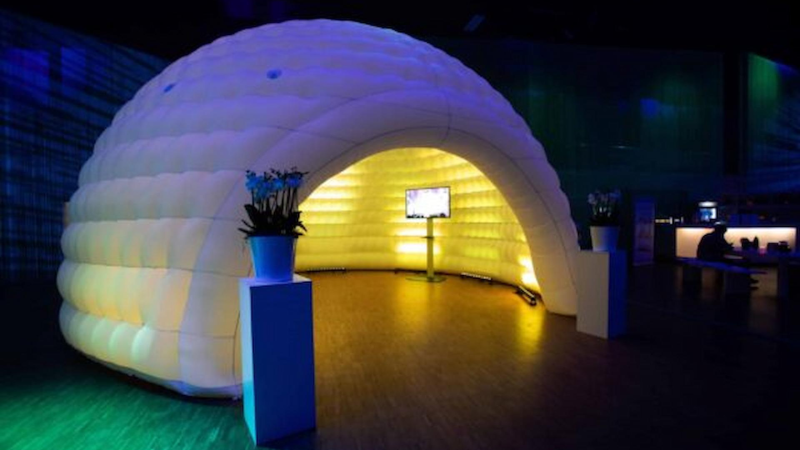Higher Mathematics

Mathematics is an area of study that deals with numbers, quantitative analysis, arithmetic and logical reasoning. It includes topics such as algebra, calculus, number theory, combinatorics, geometry, etc., as an extensive field of study. It involves inductive and deductive reasoning to justify and establish results using the underlying facts. Mathematics enables us to see the world in an analytical way.
The word mathematics has its origin in the Greek word ‘máthēma’, which means getting to know. In lower classes, students are taught how to add and subtract numbers, compare different quantities, and basic geometry and arithmetic. In higher mathematics, these subjects are levelled up; we have advanced algebra, calculus, number theory, statistics, advanced geometry, etc., which introduces another dimension of mathematical analysis of quantities.
In algebra, we learn about various structures and rules to manipulate them. It begins with basic knowledge of sets, relations and functions and then goes up to more complex structures like group, field, ring and integral domain. In linear algebra, we learn about vector spaces, matrices and determinants, inner products, etc. Algebra is a broad category of mathematics which is sub-categorised into:
- Elementary algebra: The basic concepts of algebra are introduced.
- Abstract algebra: The study of algebraic structures like group, ring, field, etc.
- Linear algebra: The study of linearity property across algebraic structures like vector spaces, matrices and determinants.
- Boolean algebra: An algebra of truth values useful for computations.
- Topological algebra: Topological analysis of algebraic structures.
- Algebraic number theory: Studies the properties of numbers according to algebraic analysis.
- Algebraic geometry: A branch of geometry that deals with the specification of curves and surfaces, represented by their polynomial equation.
After this, a prominent branch of mathematics is calculus, also known as “infinitesimal calculus” or “the calculus of infinitesimals”. The two significant sub-branches of calculus are differential calculus and integral calculus. Differential calculus deals with the study of instantaneous rate of changes, also known as the study of variations. In this, we study the limit of a function, what is a continuous function and how to differentiate a function.
We learn the different properties of differentiable functions. For instance, differentiating the sum or difference of two functions, differentiating the product of functions and differentiating rational functions, which is known as the quotient rule. Then we study what the applications of the derivative of a function are. Integral calculus is mainly concerned with the summation of infinitesimals and areas under the curve.
A very practical branch of mathematics is statistics and probability. Statistics deals with the collection, organisation, analysis, interpretation and presentation of data, whereas probability is concerned with the possibility of an event within a random experiment. In statistics, we study how to graphically represent data and find the central tendency of the data – mean, median and mode.
Statistical probability deals with various types of data distributions; one such important distribution is studied under the central limit theorem. Statistics and probability cover a huge portion of higher mathematics which has some important real-world applications. It is widely used in various fields such as machine learning and artificial intelligence, weather predictions, meteorological and disaster predictions, etc.
Geometry is one of the oldest branches of mathematics that studies the properties of a space, such as a shape, size, distance and positions. The word geometry is made up of two words, “geo” means earth and “metry” means to measure. In higher mathematics, we learn about equations of curves, planes, surfaces and manifolds, along with their analysis. The study about congruence, similarity, the surface of revolution etc.
These are a few broad categorisations of higher mathematics; apart from these, we have combinatorics, linear programming, game theory, operations research, computational mathematics, etc.






